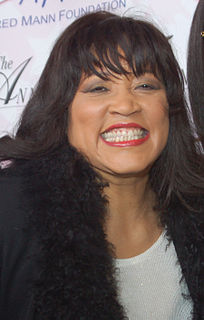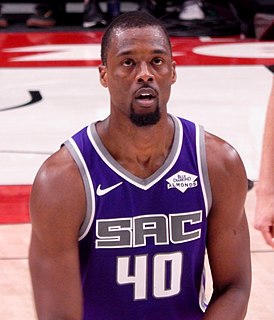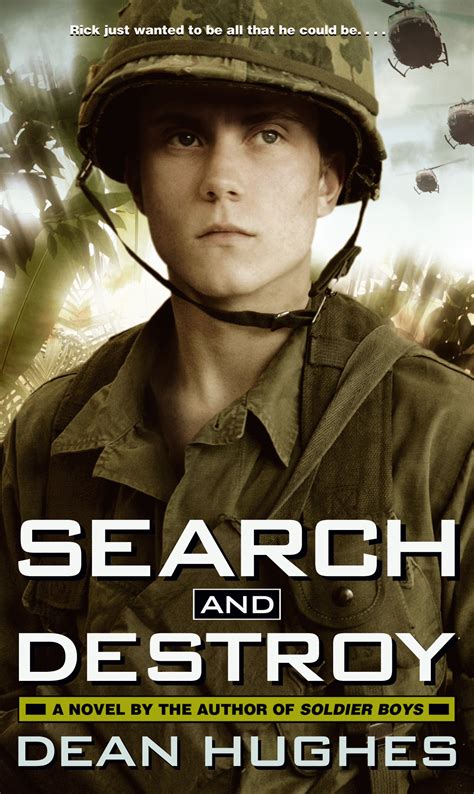A Quote by Andrea Pino
Our whole goal is really to create a culture of accountability. Because for a very long time, ending sexual assault has been on the backs of survivors. And it's really up to everyone to be part of the solution. It's really about not creating a culture of awareness. It's something I often tell parents of kids who are going off to college: It's about asking those hard questions when your kids are applying to school and encouraging them to ask about their rights, to ask about their resources.
Quote Topics
About
Accountability
Applying
Ask
Asking
Assault
Awareness
Backs
Because
Been
College
Create
Creating
Culture
Encouraging
Ending
Everyone
Goal
Going
Hard
Hard Questions
Kids
Long
Long Time
Off
Off To College
Often
Our
Parents
Part
Questions
Really
Resources
Rights
School
Sexual
Sexual Assault
Solution
Something
Survivors
Tell
Them
Those
Time
Up
Very
Very Long Time
Whole
Your
Related Quotes
If you don't put the spiritual and religious dimension into our political conversation, you won't be asking the really big and important question. If you don't bring in values and religion, you'll be asking superficial questions. What is life all about? What is our relationship to God? These are the important questions. What is our obligation to one another and community? If we don't ask those questions, the residual questions that we're asking aren't as interesting.
I just remember lot of men running around in little tiny gold shorts! The format - it was kind of hard. You really have to know about pop culture and I'm not really knowledgeable about a lot of those things. I know what I like. They'd ask about Gwyneth Paltrow, and I don't know anything about her, except her mother. I know who her mother is. So you really have to be current and relevant.
I went to a school where everyone was smarter than me. And I'm not blowin' smoke, I, my, I was surrounded by genius, genius kids. What's interesting about growing up in a culture like that is you go, "All right, I gotta figure out what my thing is. Because I'm not smarter than these kids. I'm not funnier than half of them, so I better figure out what it is I wanna do and work really hard at that because intellectually I'm treading water to, to be here."
It's hard sometimes when you're in a regular high school, you just feel like the odd kid out. The great thing about going to an art school [is] it's kind of like it's all the odd kids. It's all the kids that don't fit in at their regular schools, because you're into something and excited about something that other kids really aren't into. When you go to art school, everybody's kind of on the same page.
[about being a father] I don't really remember what it was like before. Whatever I had going on, it was bullshit. It wasn't important. It's kind of a nice thing about being a dad. My identity is really about them now, and what I can do for them, so it sort of takes the pressure off of your own life. What am I going to do, who am I? Who cares, you've got to get your kids to school. So I like it that way.
I started going to Bible school really early in life. Being raised a Jehovah's Witness, I had to read the Bible over and over. These stories were so horrifying and really difficult to reconcile. For me, Noah wasn't the story of the graham cracker box with the little animals it was horrifying. I would ask the same questions as a child. "Well, what about the little kids? What about the dogs and cats?"
People are always asking, "Is this person in front of me the same on the inside as he or she appears to be on the outside? Is there congruence between what's within that person and the words and actions I'm viewing and hearing externally?" Children ask that about their parents; students ask it about their teachers; parishioners ask it about their pastors and priests; employees ask it about their bosses; and in a democracy, citizens ask it about their political leaders.
Before we have children, we think most of the parents sitting in sacrament meeting ought to “do something about their kids.” Once we have kids, we think everyone ought to be a lot more understanding about what we’re trying to survive during the meeting. And once our kids are grown, we think, “I never let my kids get away with that.” We really all need to chill out.
For my parents' generation, the idea was not that marriage was about some kind of idealized, romantic love; it was a partnership. It's about creating family; it's about creating offspring. Indian culture is essentially much more of a 'we' culture. It's a communal culture where you do what's best for the community - you procreate.
The one thing about kids is that you never really know exactly what they're thinking or how they're seeing. After writing about kids, which is a little bit like putting the experience under a magnifying glass, you realize you have no idea how you thought as a kid. I've come to the conclusion that most of the things that we remember about our childhood are lies. We all have memories that stand out from when we were kids, but they're really just snapshots. You can't remember how you reacted because your whole head is different when you stand aside.

































